The Novel Coronavirus outbreak has made headlines from late December when the first victim of the virus was reported in Wuhan, a city in China. Spreading rapidly, the virus is the top priority for the shipping industry with many key players following the tips issued by the World Health Organization on protection and safety.
Common signs of the Coronavirus include
- respiratory symptoms,
- fever,
- cough,
- shortness of breath and breathing difficulties.
In more severe cases, infection can cause pneumonia, severe acute respiratory syndrome, kidney failure and even death.
Key principles on reducing the risk of transmission:
- Avoiding close contact with people suffering from acute respiratory infections.
- Frequent handwashing, especially after direct contact with ill people or their environment.
- Avoiding unprotected contact with farm or wild animals.
- People with symptoms of acute respiratory infection should cover coughs and sneezes with disposable tissues or clothing, and wash hands.
Therefore, the World Health Organization (WHO) has launched general tips, so that people know what to do and what steps to follow to be protected and not affected by the virus.
- Wash your hands frequently
Washing hands with an alcohol-based hand rub or soap and water kills the virus if it is on your hands.
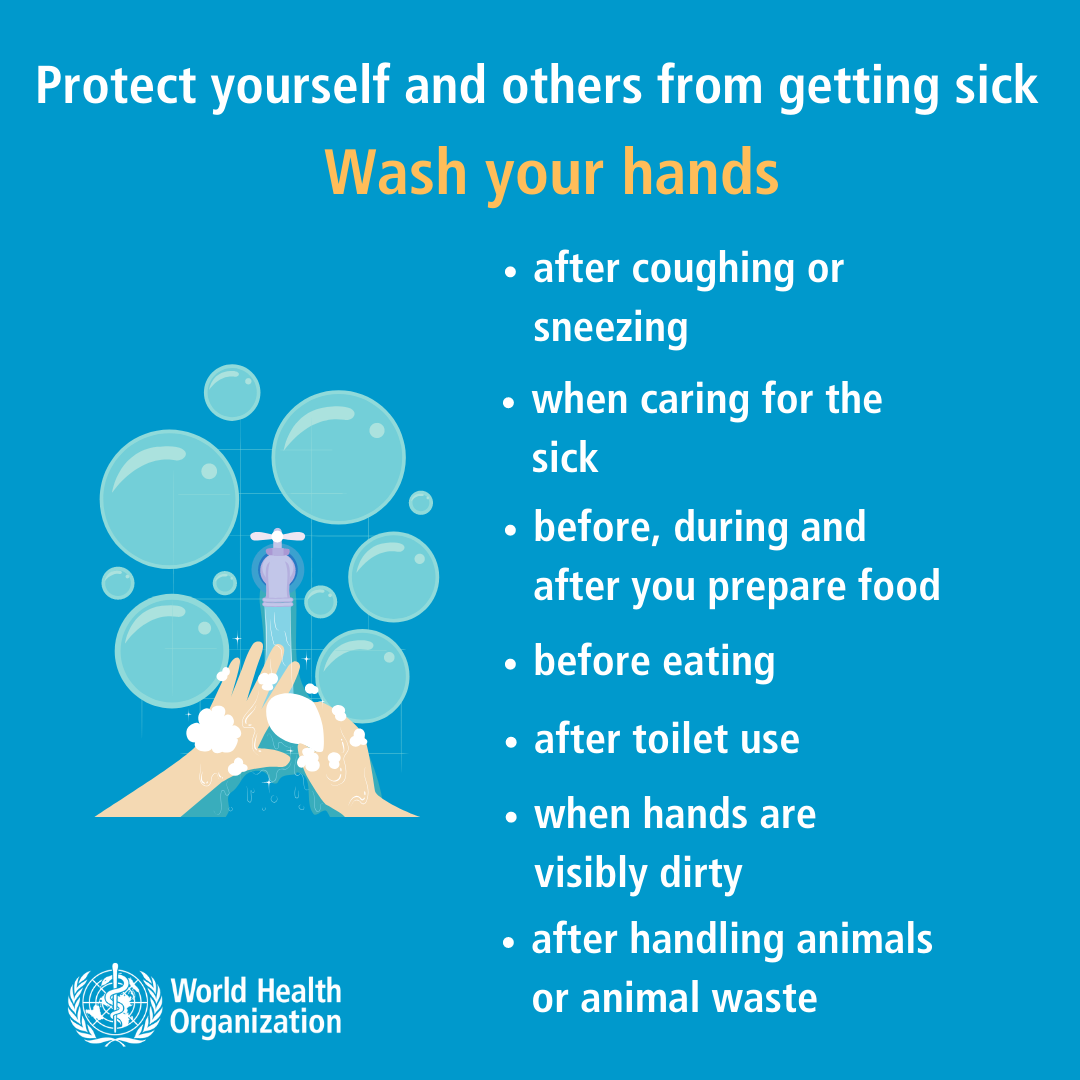
- Avoid touching eyes, nose and mouth
Given that hands touch several surfaces throughout the day, any surface that is contaminated by the virus may be transferred to yourself.
- Maintain social distancing
When coughing and sneezing, cover mouth and nose with flexed elbow or tissue – discard tissue immediately into a closed bin and clean your hands with alcohol-based hand rub or soap and water.
- Practice respiratory hygiene
It is recommended that when coughing or sneezing you should always cover mouth and nose with flexed elbow or tissue.
WHO advises to
Discard tissue immediately into a closed bin and clean your hands with alcohol-based hand rub or soap and water.

- In case of having fever, cough and difficulty breathing, seek medical care early
The symptoms above may be the cause of a simple virus and have no relation to the Coronavirus; Yet, it is crucial to report the symptoms to your health care provider in case you have travelled in an area in China, where 2019-nCoV has been reported, or if you have been in close contact with someone with who has traveled from China and has respiratory symptoms.
- If you have mild respiratory symptoms and no travel history to or within China
If you have mild respiratory symptoms and no travel history to or within China, carefully practice basic respiratory and hand hygiene and stay home until you are recovered, if possible.
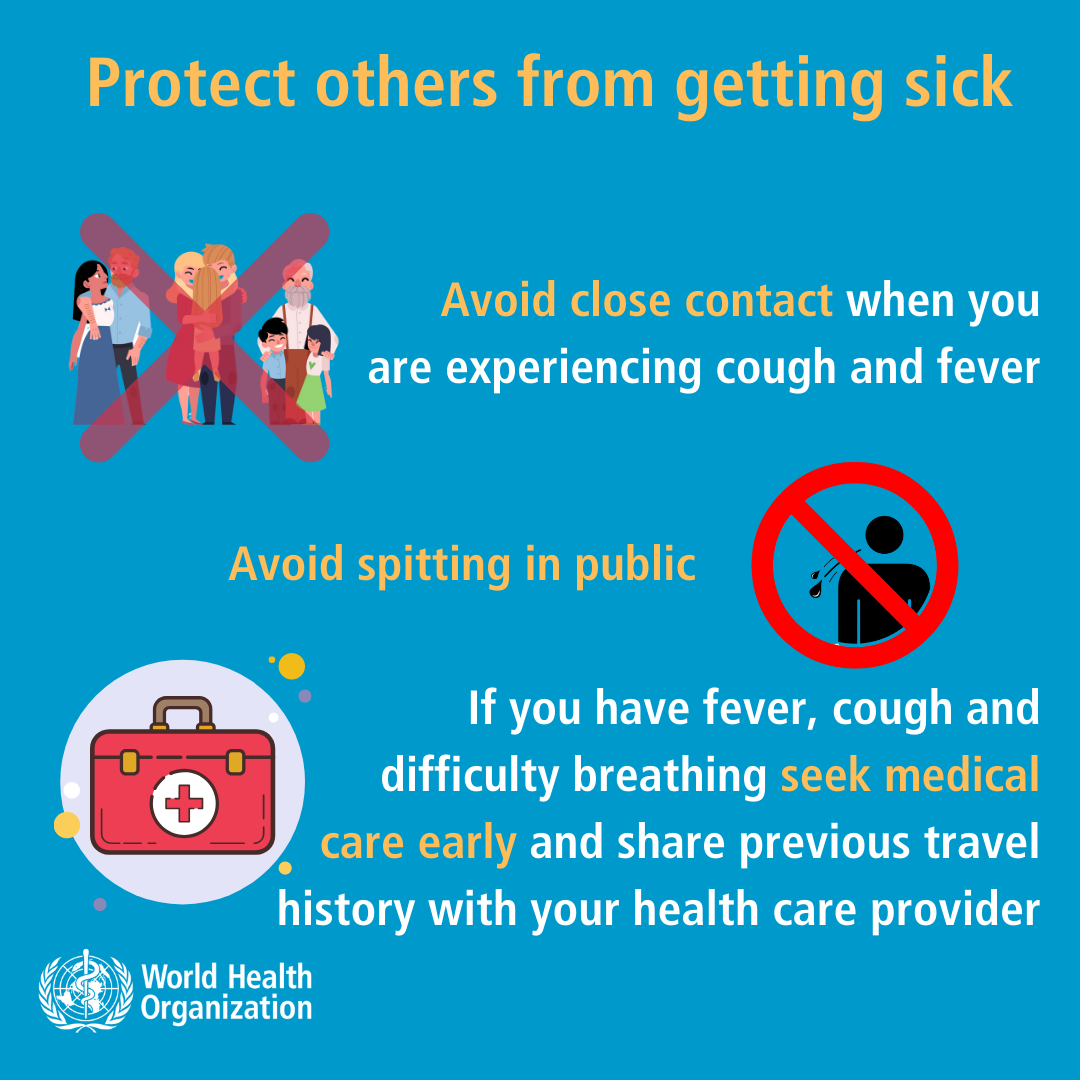
In addition, the World Health Organization published an informative video thoroughly explaining what the Coronavirus is, its symptoms and which types of the virus can cause severe diseases.
According to the video, the novel coronavirus was firstly reported amongst a group of people suffering from pneumonia, being linked to seafood and live animal market in Wuhan. Thus, the disease rapidly spread to others, including family members and healthcare staff.
Actions to be taken to prevent infection from an animal:
- avoiding unnecessary, unprotected contact with animals
- washing hands after contact with animals or animal products
- ensuring that animal products are cooked thoroughly before they’re consumed.
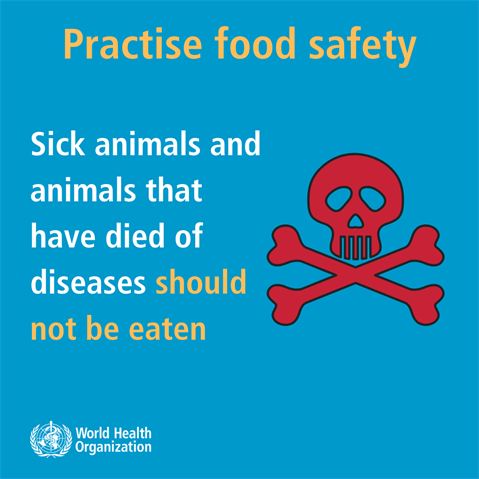
WHO proposes that in case of fever, cough or difficulty in breathing, you should:
- seek medical care
- share travel history with your health care provider.
The Centre for Disease Control and Prevention informs that for the time being there is no vaccine to prevent the infection from the Coronavirus, adding that the ideal way to prevent infection is to avoid being exposed to this virus.
Overall, the virus poses a great risk to the maritime sector, affecting the market and threatening the seafarers that travel.
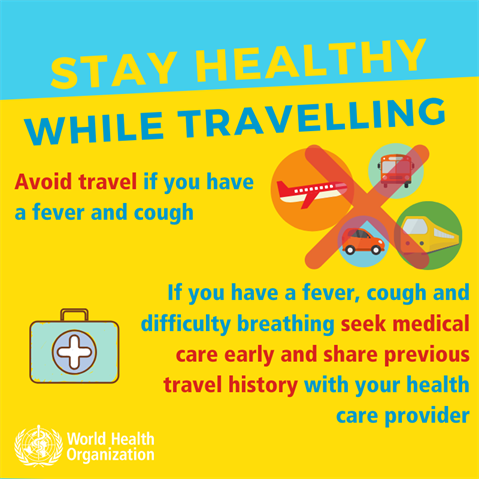
In the meantime, the International Maritime Health Association has issued more specific guidelines to the maritime industry, seafarers and dock workers. Accordingly:
- Do not restrict embarkation/disembarkation of seafarers in non-affected ports
- Do not restrict necessary ship visits by port agents, chaplains, service personnel and others.
- Do not visit food markets in China and avoid provision of fish and poultry in China.
- Do not consume raw eggs, milk, meat.
- Observe strict food hygiene to avoid cross contamination
- Ensure facial protection is provided for all crew (5 pieces /per person)
- Provide influenza vaccination, alcohol-based hand sanitiser and facial protection for ship inspectors and other crew who travel to China.
- If a crew member on board falls sick and has been travelling to affected areas 2-12 days before embarkation, the person must stay in his/her cabin.
- If a crew member is sick on board a ship, fill out the maritime declaration of health and notify the relevant port authority and consult a healthcare providers in the next port.
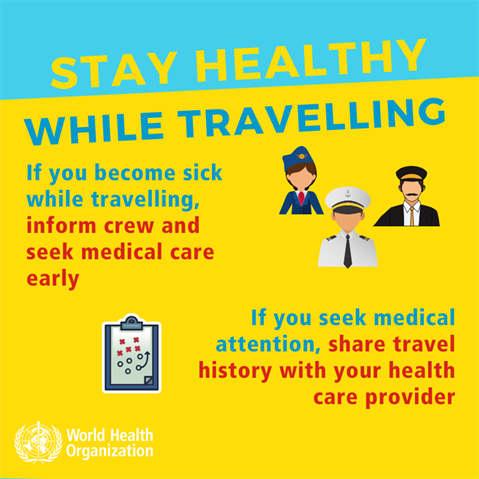
Concluding, many major shipping players have issued bulletins and informational notices, providing information on how the ports deal with the situation and what are the restrictions for vessels calling, amid the safety of each country.
































































